Digital Fabrication
Code:
-
S
Facilitated Studio Practice
January Studio Sessions: Digital Fabrication
Jan 8 - 26, 2024
Monday-Friday, 9AM-5PM
Participants may register for one, two, or three weeks.
TUITION is $1050 per week or $3150 for three weeks.
Concept
Anderson Ranch’s January Studio Sessions provide artists the opportunity to work on independent projects while receiving mentoring and critique sessions with Anderson Ranch artistic staff and interns. Each participant receives an assigned studio space, orientation, and access to equipment, as well as some morning group demonstrations and / or critiques.
This program affords artists the experience enjoyed by national and international artists who access our state-of-the-art studios. Participants may expand their practices, take artistic risks, try new media or complete works for exhibition.
*Studios are open 24 hours a day and on weekends for students enrolled in multiple weeks, with limited use of equipment due to safety requirements. The machine rooms are only available when monitored – weekdays 9 AM-5 PM. Evening monitoring hours are Mondays – Thursdays, 7 – 9 PM.
IMPORTANT DETAILS:
- Students will be responsible for all material costs associated with their projects.
- Participants who register for multiple consecutive weeks will gain access to the studios on weekends (with the exception of the machine rooms due to safety constraints.)
- Private dorm rooms are available at Anderson Ranch for one, two or three weeks for an additional fee; please inquire for details and availability.
Applicants must submit project proposals or portfolios for approval. Contact Betsy Alwin to apply: [email protected]
Media & Techniques
Please bring any materials or mediums you are comfortable working with. Some materials are available for purchase through the studio.
Faculty

Emil Gorman
Studio Coordinator, Digital Fabrication
Emil Gorman is the Studio Coordinator for Digital Fabrication. He is an artist and designer with a passion for furniture and the implementation of sustainable materials. He received a BFA with a concentration in Human-Centered Design at Northern Michigan University. Preferred Pronouns: He/Him
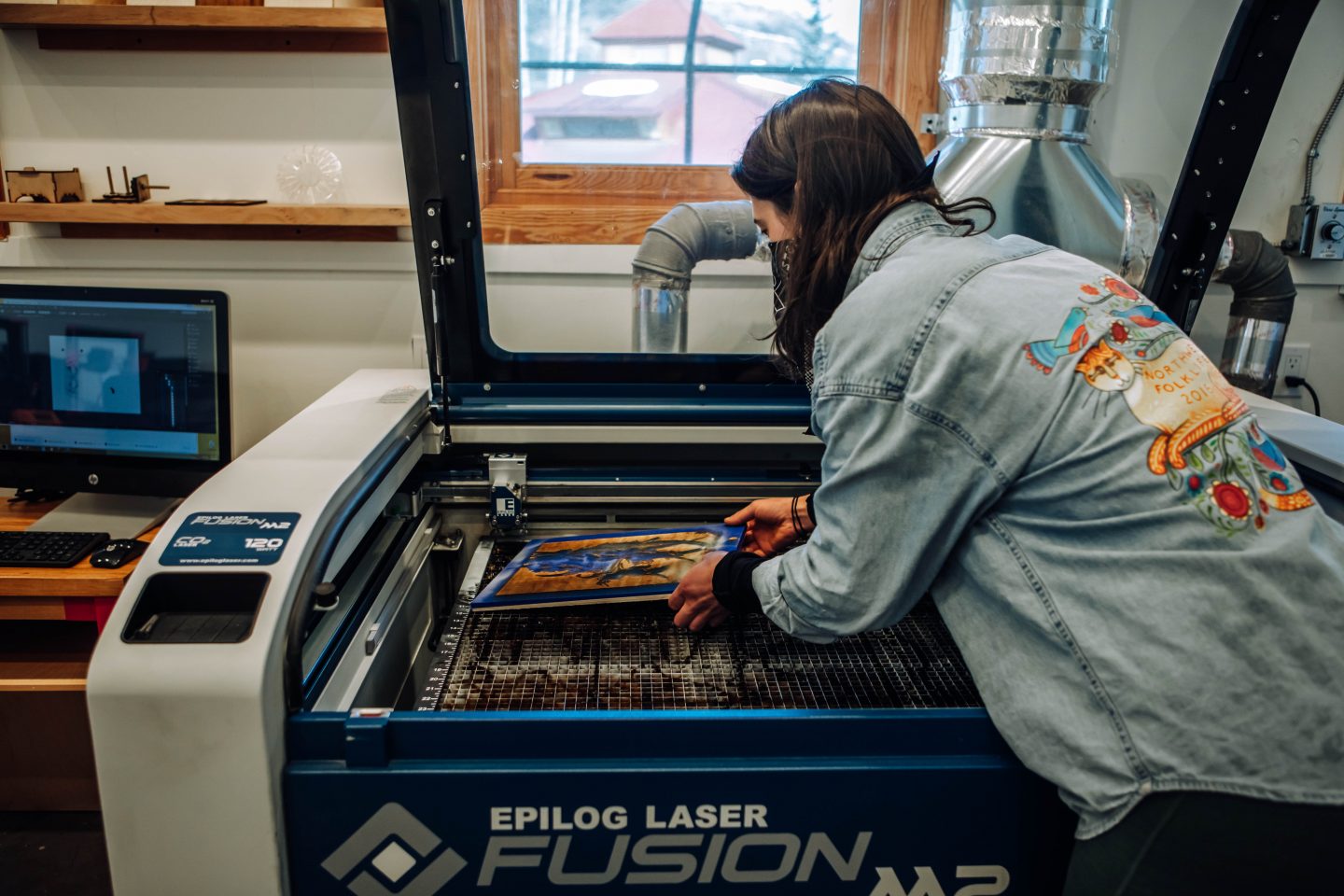
Workshop Details
Lodging & Meals
Housing is limited and includes shared and private lodging options. Reservations will be managed on a first-come, first-served basis. The earlier you reserve housing, the better your chance of receiving your preferred option. Please note: Workshop costs do not include accommodations.
NEW: Course fees includes a welcome dinner and lunches. In our effort to foster a stronger sense of community and accessibility at Anderson Ranch, we include the welcome dinner and all lunches as part of course fees for summer workshop students. Our hope is that this adjustment will encourage all students to come together to share meals and engage in meaningful conversations. The Ranch Café Meal Plan, which is included with Room and Board fees, strives to provide healthy, creative meals that will nourish your artistic creativity. Learn more.
We have established a Business Safety Plan with added layers of precaution that prioritize the health and safety of our staff, students, faculty and guests while continuing to provide you with the Anderson Ranch experience that you know and enjoy.
Digital Fabrication
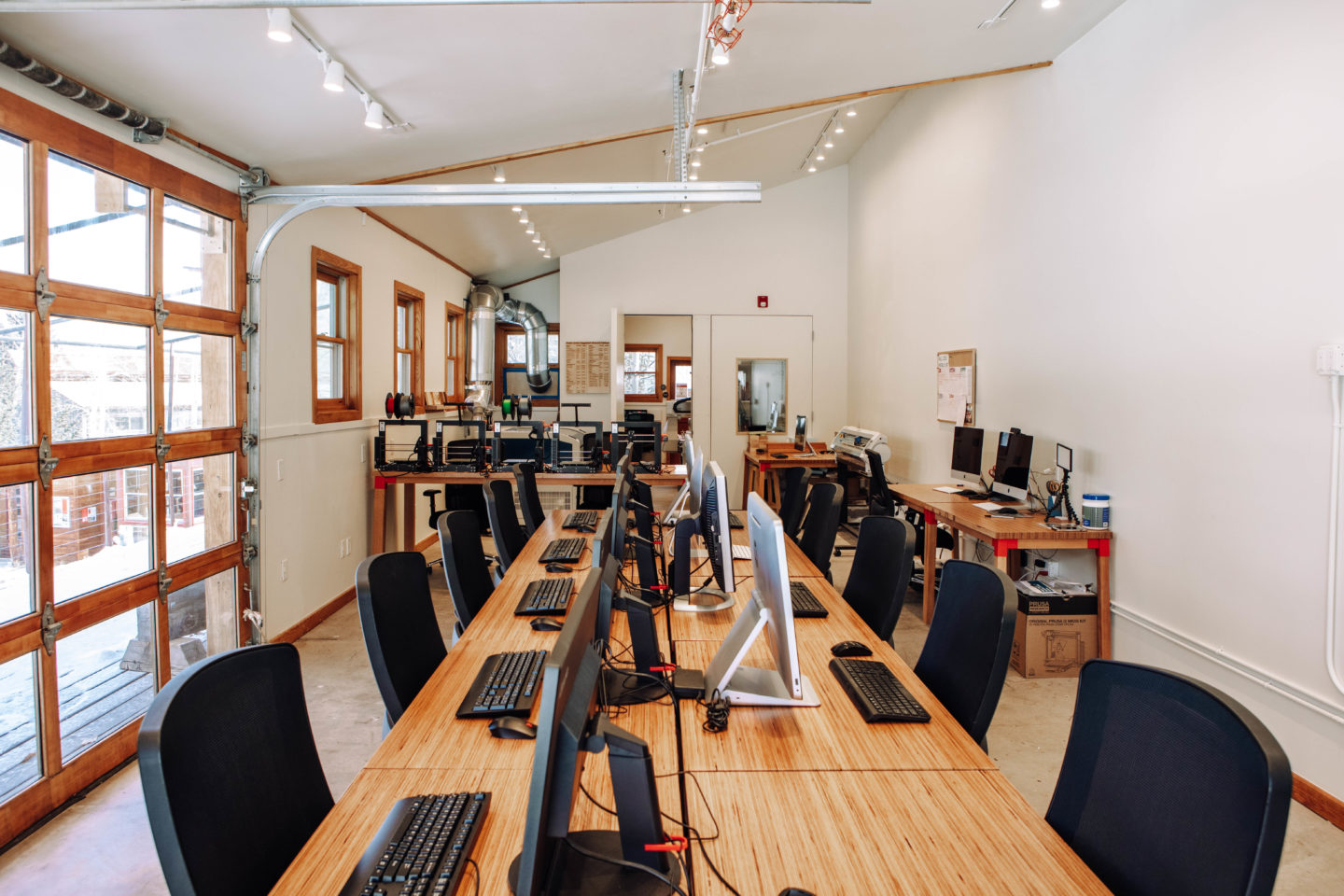
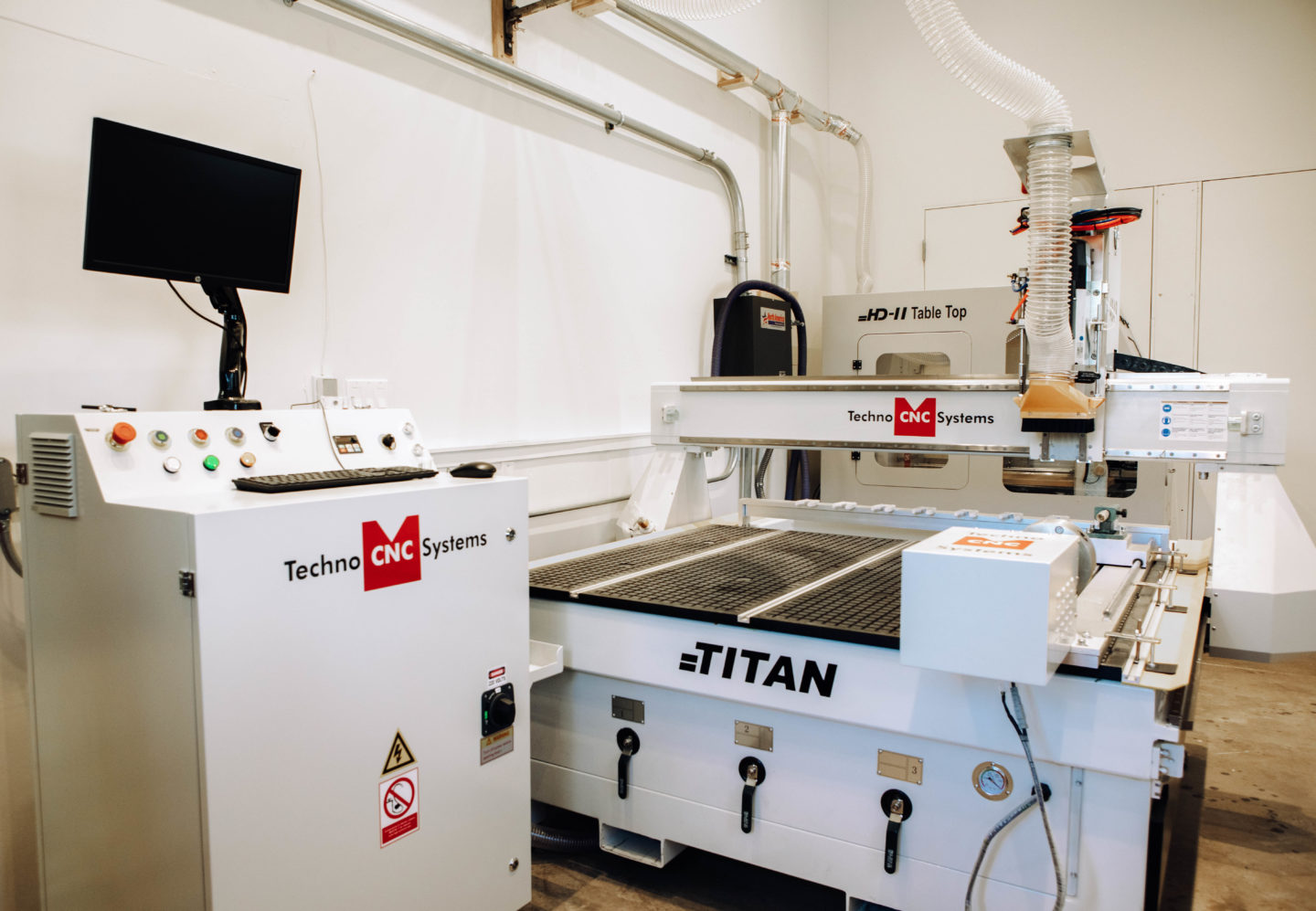
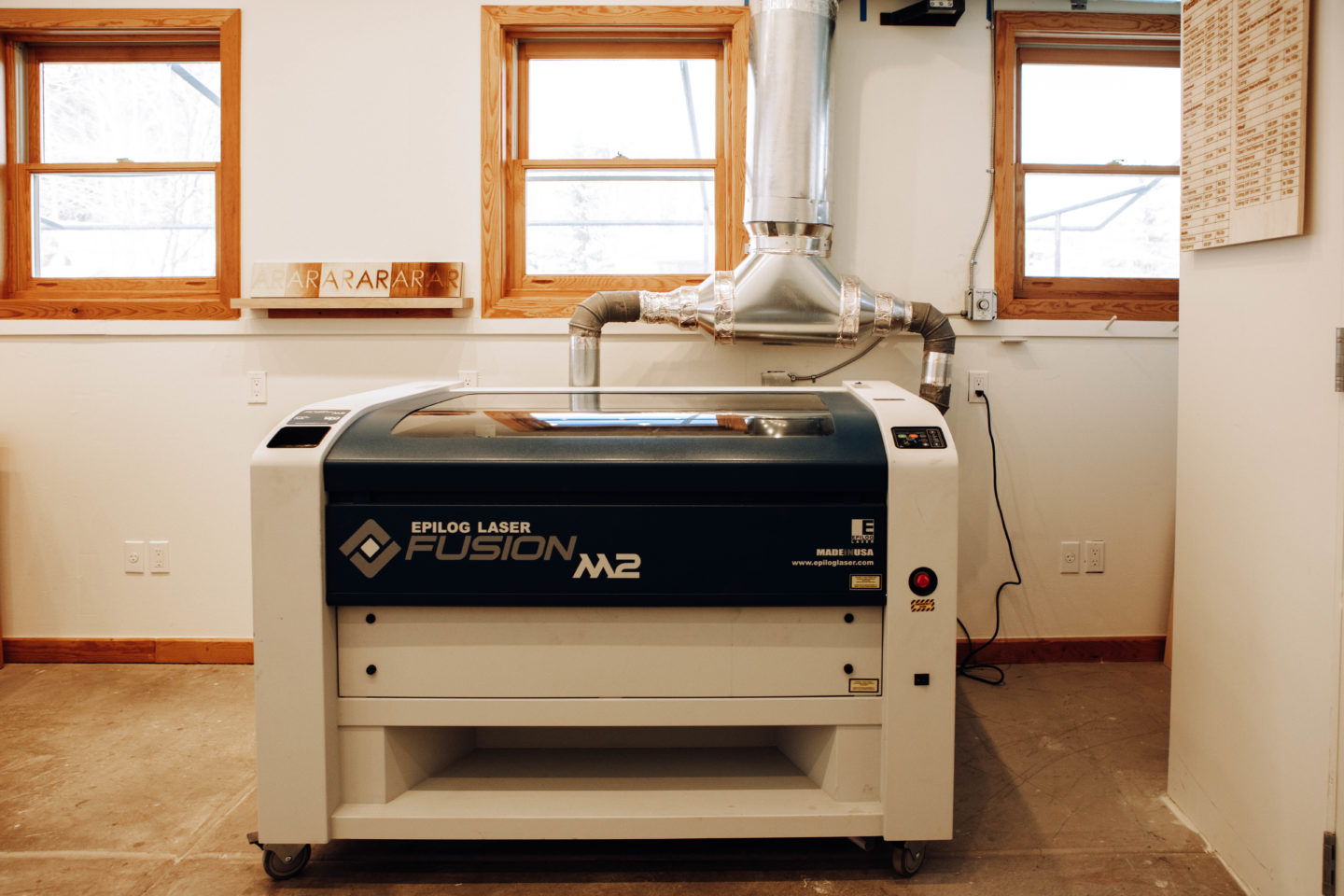
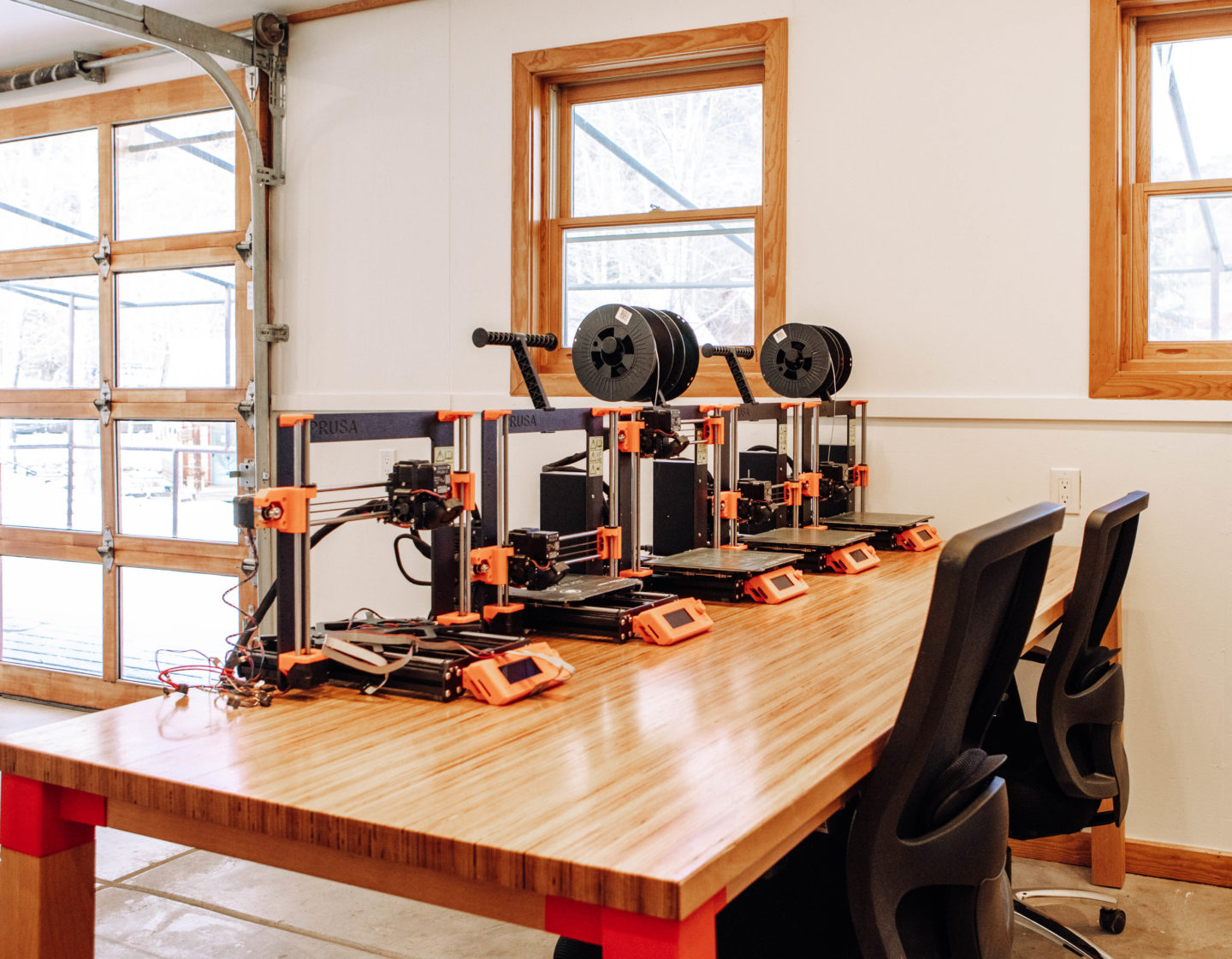

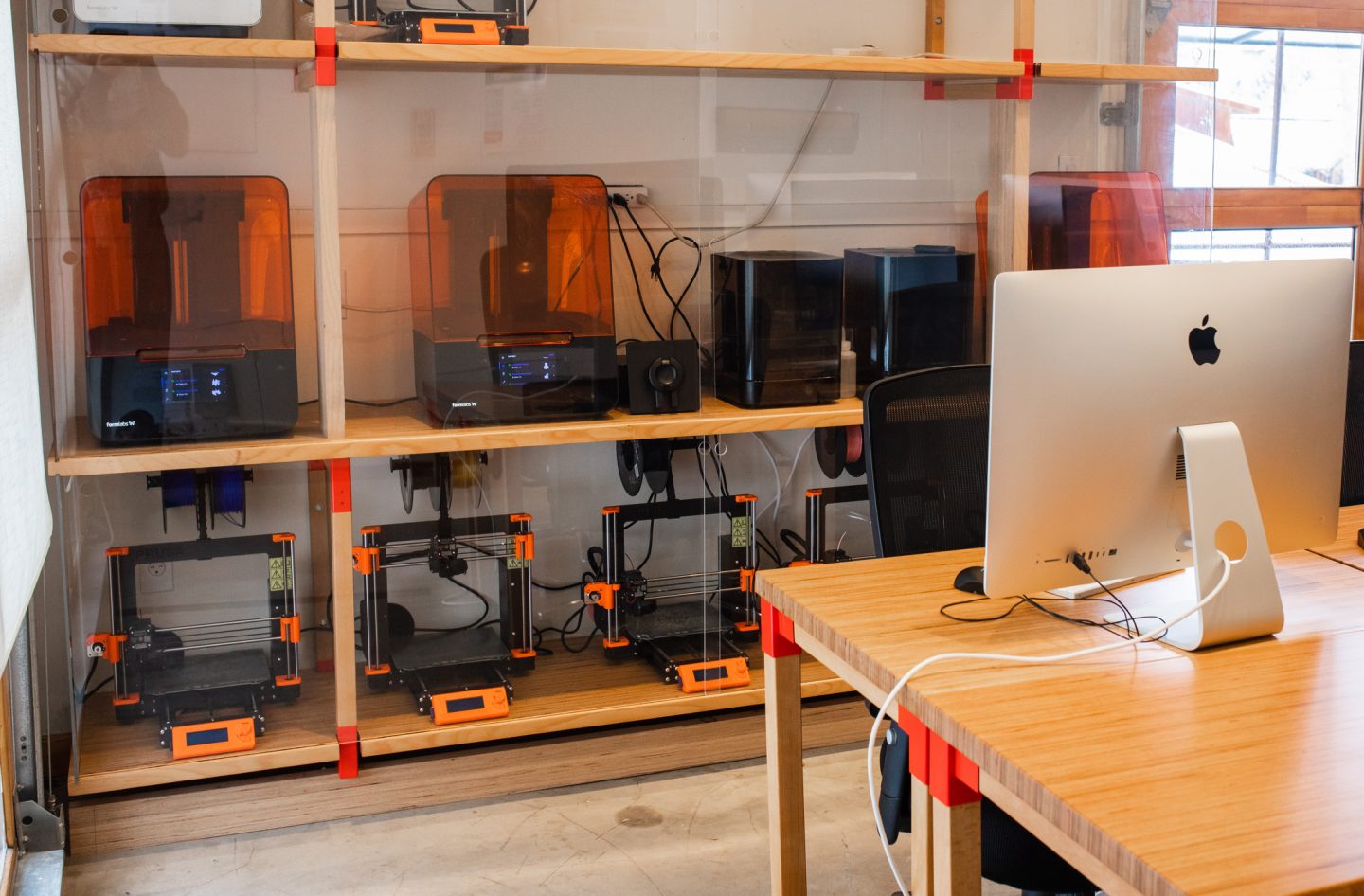





Discover the exciting, cutting-edge tools available in our FabLab — Anderson Ranch’s impressive digital fabrication lab. These workshops provide powerful tools for self-expression in the hands of creative faculty, and present dynamic opportunities to merge the newest visual arts technologies with traditional processes.
A variety of workshops use the digital fabrication technology in the FabLab and throughout multiple studios on the Ranch campus. Explore the possibilities with our state-of-the-art equipment, including 4-axis CNC (computer-numerically-controlled) routers, Formlabs SLA Resin 3-D Printers, Prusa MK3S FDM 3-D printers, a Bambu Lab X-1 Carbon FDM 3-D printer, Epilog laser cutters, 3-D scanners, a Roland UV printer and vinyl cutter, and vacuum formers. Digital fabrication equipment is powered by Rhinoceros 3D, Adobe Creative Cloud, Autodesk Fusion 360 and Meshmixer, a variety of 3-D printing slicing softwares, and more.
Our expert faculty and staff help you to master progressive new skill sets and exciting new ways of creating.
Don’t know where to start? View the skill levels for digital fabrication workshops.
Anderson Ranch Arts Center is a historic, rustic campus that features gravel pathways and uneven terrain that may pose challenges for individuals using wheelchairs or other mobility devices. We strive to provide accommodations to ensure all guests can access and enjoy our programs and facilities. With advance notice, our staff can offer personalized assistance and coordinate access to studios and campus spaces. For questions or to request an accommodation, please contact us at (970) 923-3181 or [email protected].
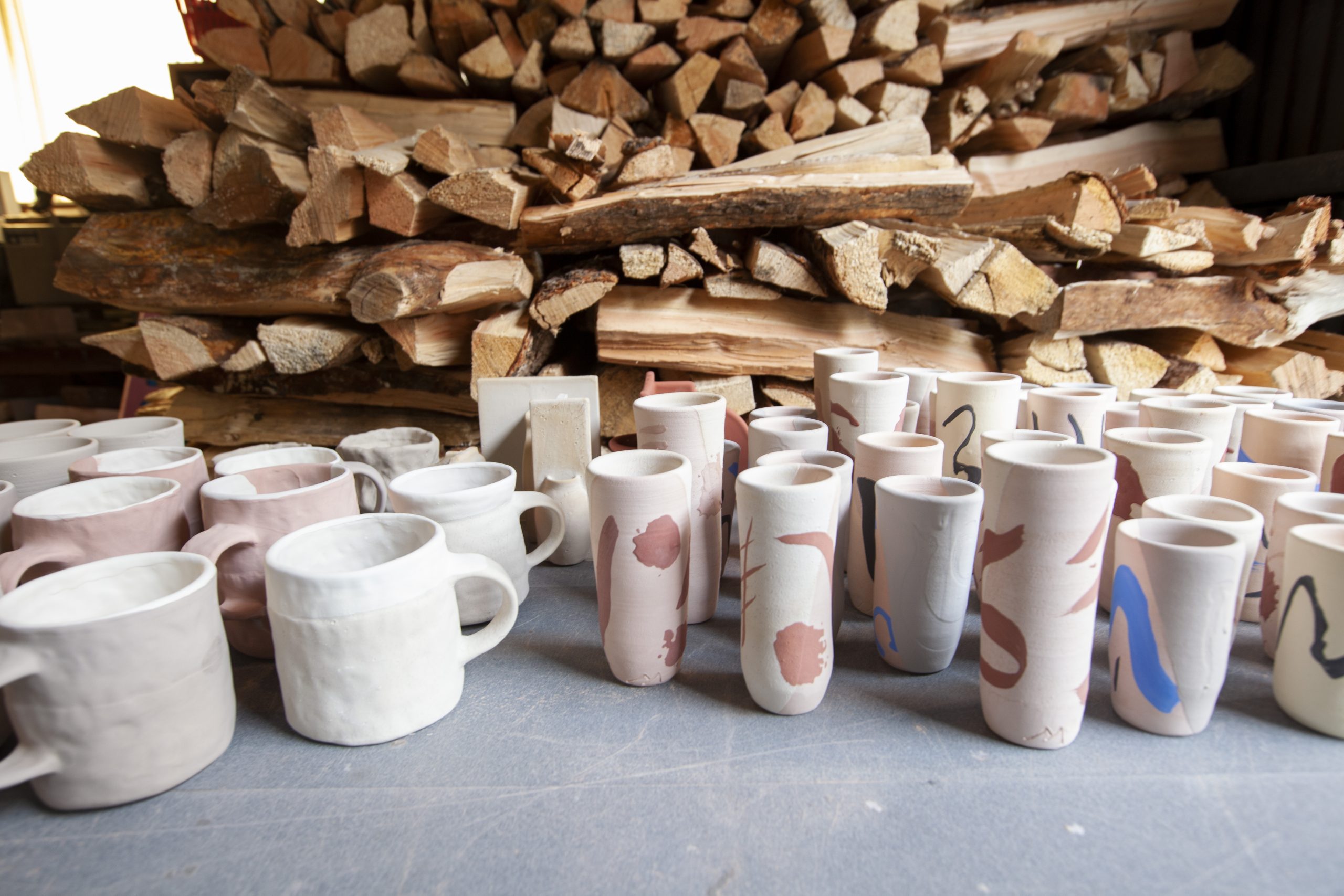
Scholarships, College Credit & Discounts
Making Art Accessible
Applications for scholarship support are encouraged. Specific scholarships are funded by Ranch supporters, either through endowed funds or special gifts.
Many colleges and universities offer college credit for workshops taken at Anderson Ranch. Discounts are available for students and teachers.
You Might Also Be Interested In
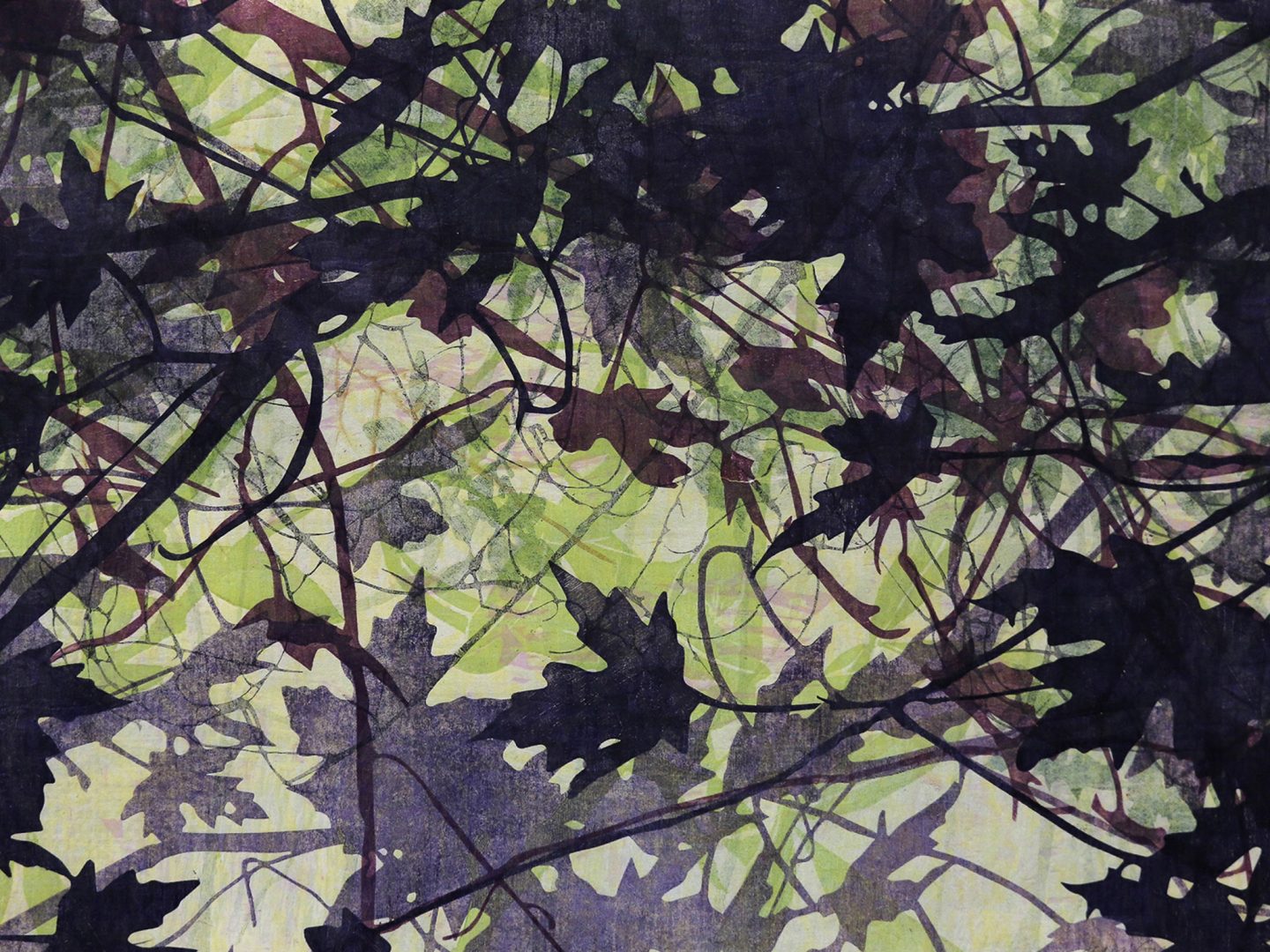
-
II
Level II
Students have a basic understanding of press operation, tools common to printmaking, paper preparation and basic principles of registration.
-
III
Level III
Students have significant experience in the print medium that is the subject of the workshop.
Jun 29 - Jul 3, 2026
9 AM - 5 PM
Monotype and Woodcut: Hand and Laser Cut Matrices
Jean Gumpper
Tuition $1,275
Code R0505-26
This rigorous, engaging, printmaking workshop explores color monoprint and woodcut processes using hand and laser-cut stencils and blocks to create one-of-a-kind and editioned prints. We begin with observational studies from the natural world and explore monotype with stencils and multiple plates. We then use the laser cutter to cut woodblocks and combine these puzzle block prints with hand carved marks, alternating between structure and improvisation. This back-and-forth serves as the format for the course as we combine multiple matrices in many ways.
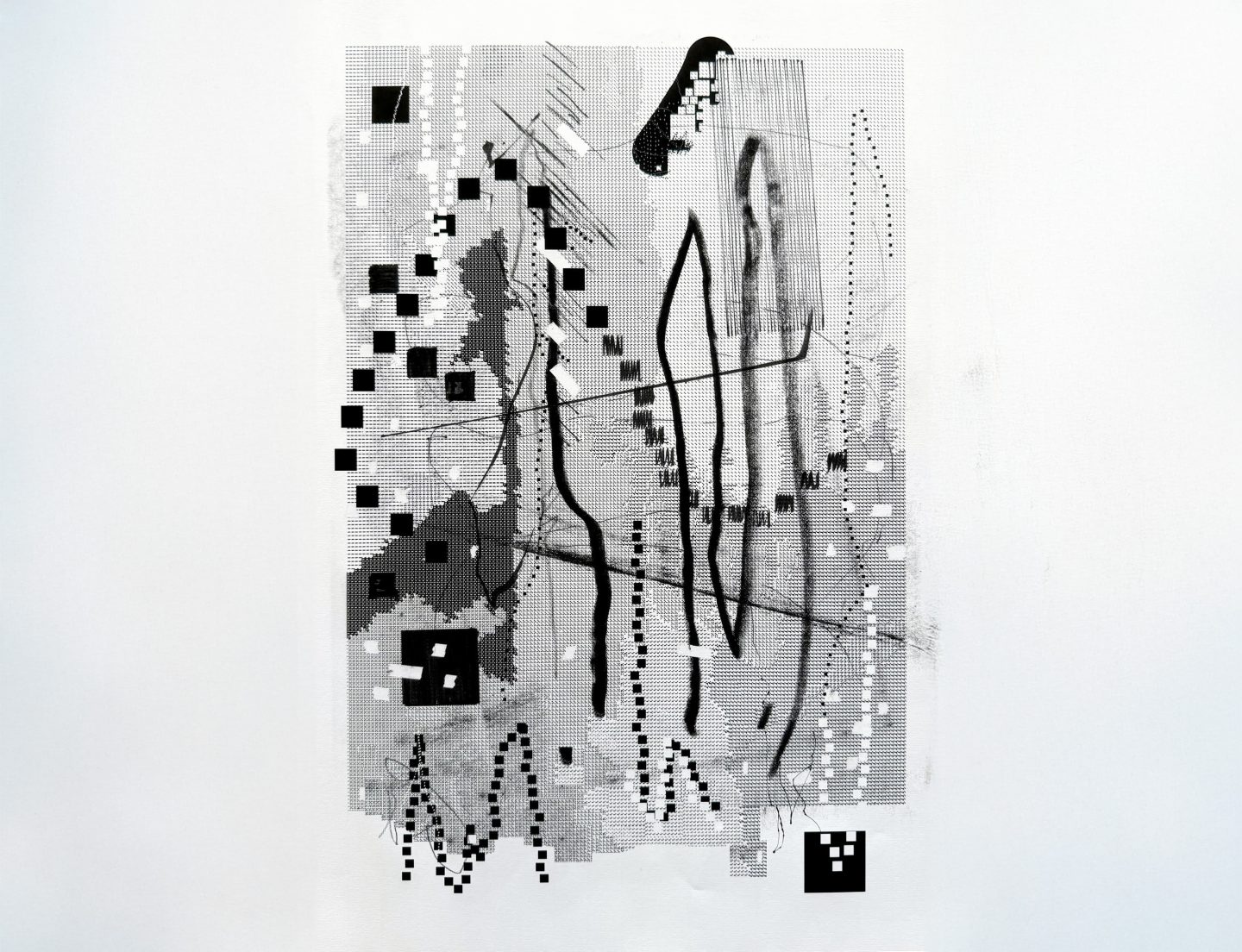
-
II
Level II
Photography students have a basic understanding of photography principles and technology and are comfortable using an SLR camera in manual mode. New Media students have a basic understanding of video, multimedia or animation software. Students have basic computer skills and are comfortable using a Macintosh computer.
-
III
Level III
Photography students have some formal training and significant experience making, capturing and digitally processing images using Adobe Lightroom and/or Adobe Photoshop. New Media students have some formal training in conceptual and technological aspects of video, multimedia, coding or animation and are versed in the appropriate software applications. Students have a portfolio of their artwork.
-
IV
Level IV
Photography students have advanced skills and knowledge of photography and digital image processing. New Media students have advanced skills and knowledge of video, multimedia, coding or animation. Students are self-motivated and have multiple portfolios of their artwork.
Jul 6 - 10, 2026
9 AM - 5 PM
Drawing With Machines
Clement Valla
Tuition $1,195
Code P0610-26
This workshop invites participants to design and build custom computational tools for digital drawing and image-making, and to translate generative work into physical form using pen plotters. Through an emphasis on tool-building and exploratory “vibe coding,” students investigate distinctive and unconventional approaches to mark-making. Rather than relying on existing software, participants develop their own image-making instruments using languages and frameworks such as JavaScript, Python, p5.js, Three.js, or Processing. The workshop foregrounds the creation of bespoke workflows and pipelines, allowing each student to align technical decisions with their individual creative vision. Iterative development is central to the process, positioning tool-building itself as a core creative practice. Custom tools may be published online or shared via GitHub, contributing to a growing library of generative instruments. Final outcomes may include pen-plotted drawings produced with robotic plotters, digital prints, or interactive, web-based applications.
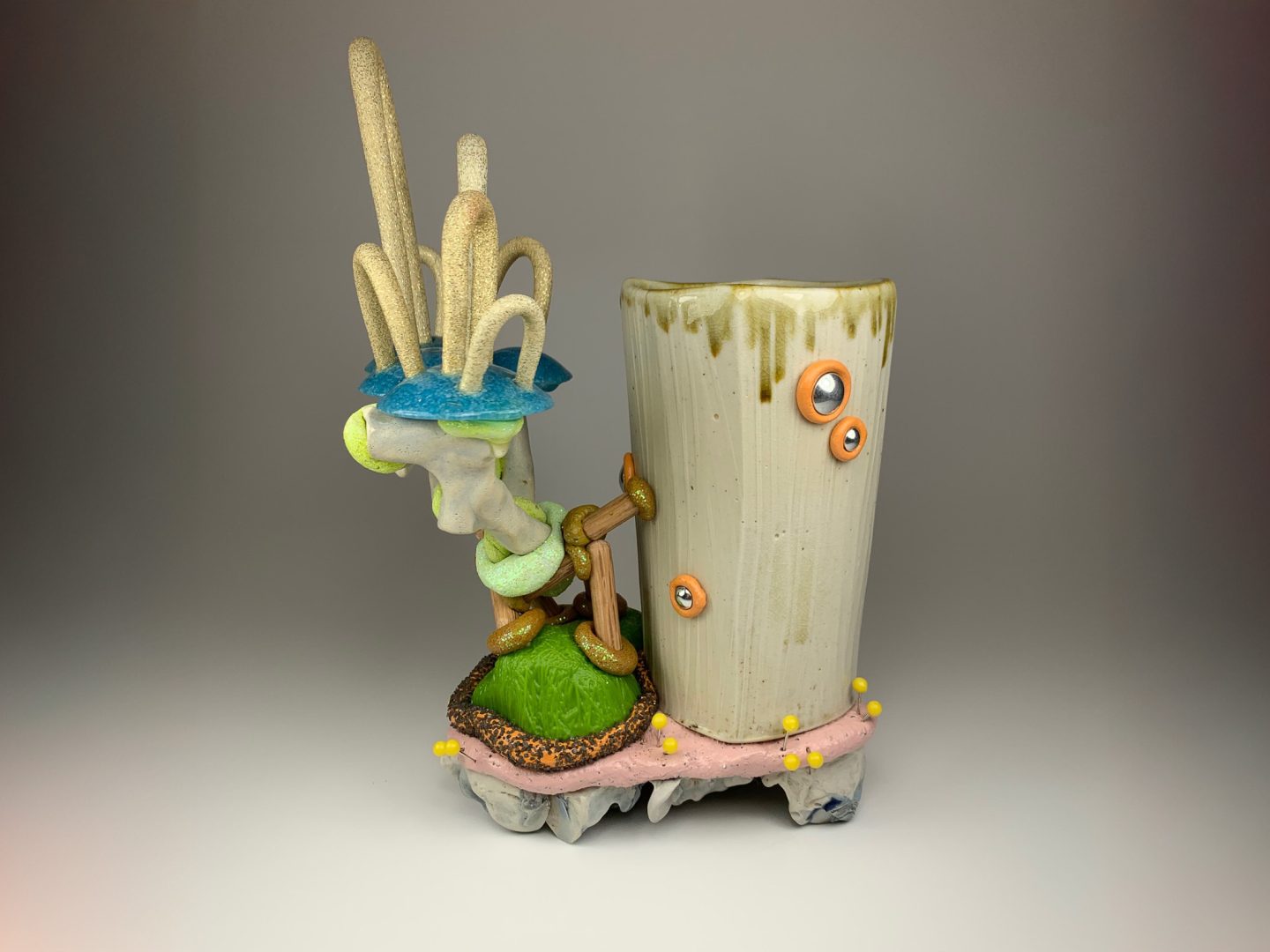
-
II
Level II
Students have a basic understanding of forming techniques, such as throwing and hand building. Students have taken one or two ceramics classes or workshops.
-
III
Level III
Students have significant experience with clay forming techniques, such as throwing, hand building and modeling. Students are comfortable with ceramics equipment, such as wheels, extruders and slab rollers. Students are self-starting with some formal training and have taken a minimum of three classes or workshops.
-
IV
Level IV
Students have advanced skills and knowledge of the ceramics field. Students are highly motivated, have a minimum of five years experience in the field and have a portfolio of their artwork. Typical students are academics and professional artists.
Jul 20 - 31, 2026
9 AM - 5 PM
Parallel Play: Mixed Media and Clay
Matt Mitros
Tuition $1,795
Code C0809-26
This hybrid, two-part class explores the handbuilding methods an artist can use to compose dynamic sculptural and installation compositions with clay and mixed-media resources. Week one is spent in the ceramic studio exploring ways to build small objects and components for larger work, with emphasis on conceptual ideas and non-traditional methods of fabrication. Week two shifts to the sculpture studio to explore additional form-building methods using urethane and epoxy resins, sculptural adhesive putties, paint, pigments, and found objects. Students will have access to plastic printers to generate objects for finished assembly or for plaster mold making at a later date.


